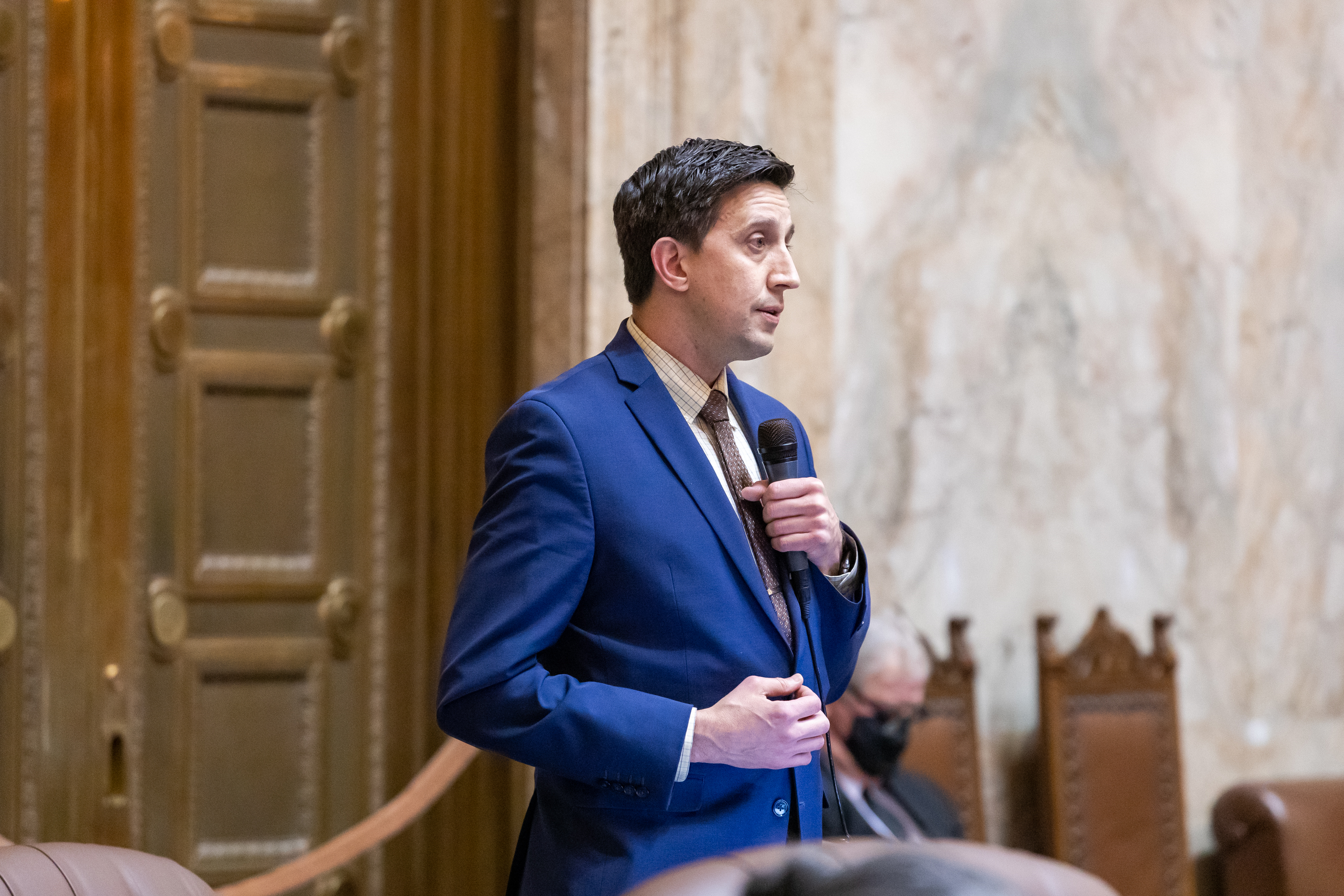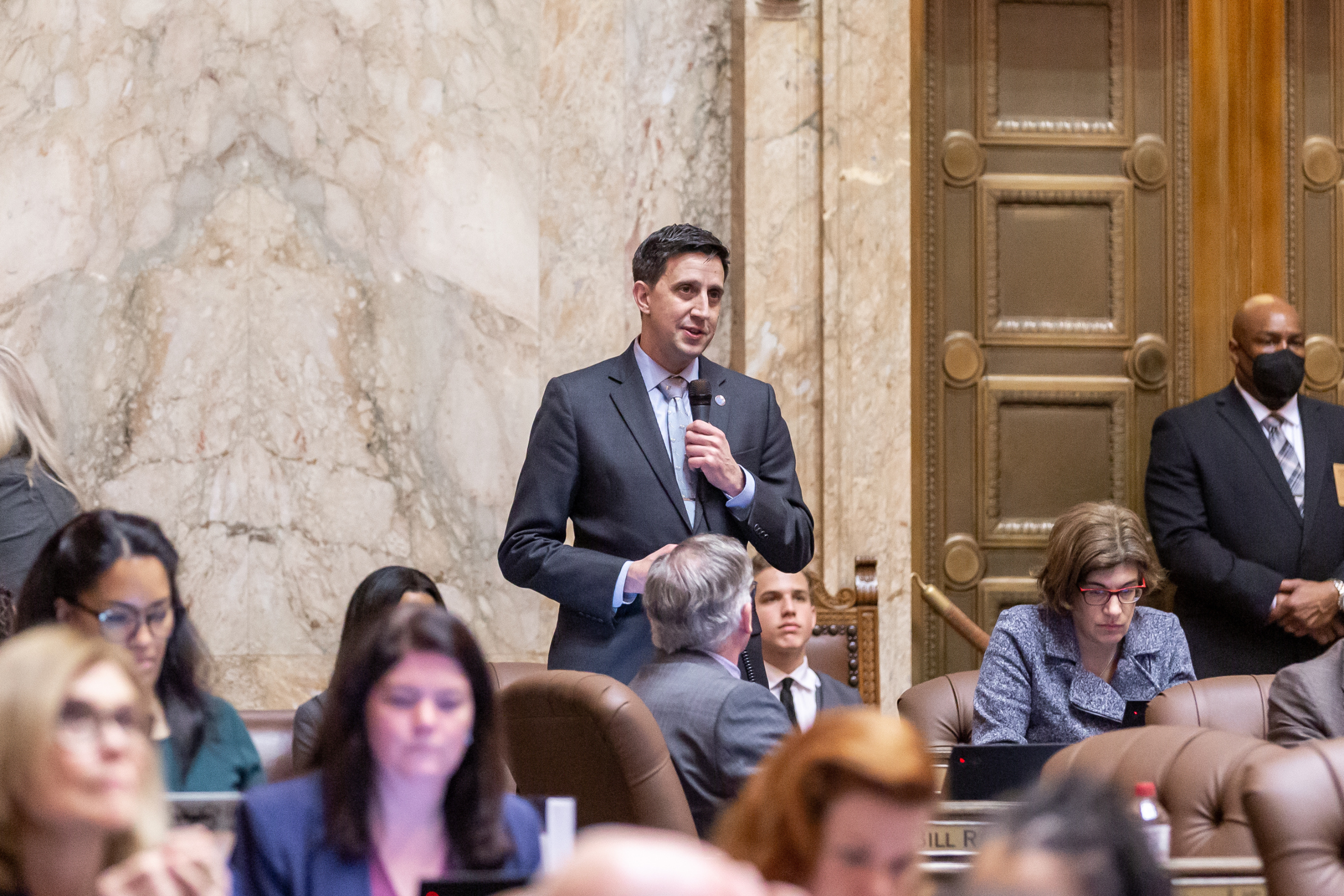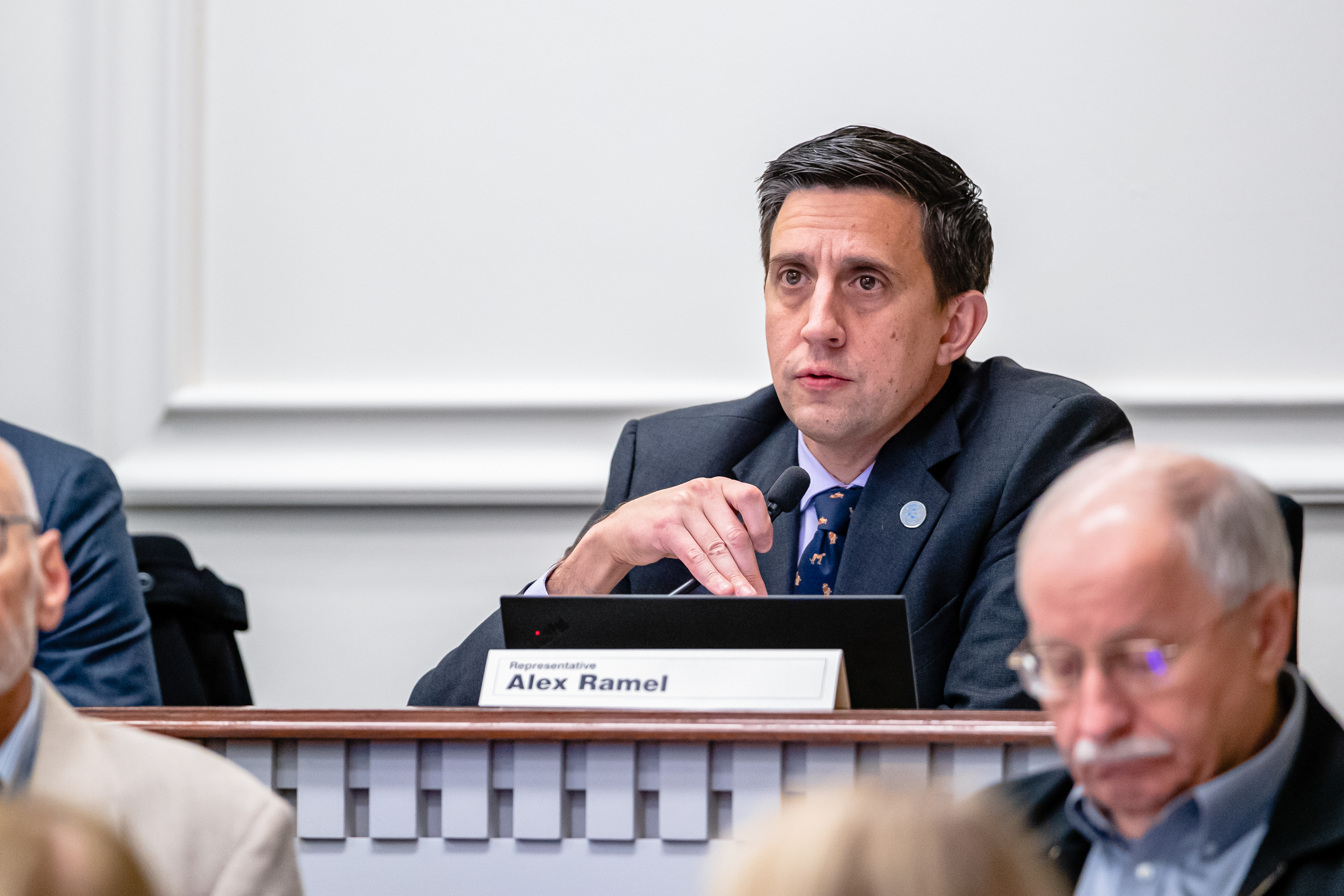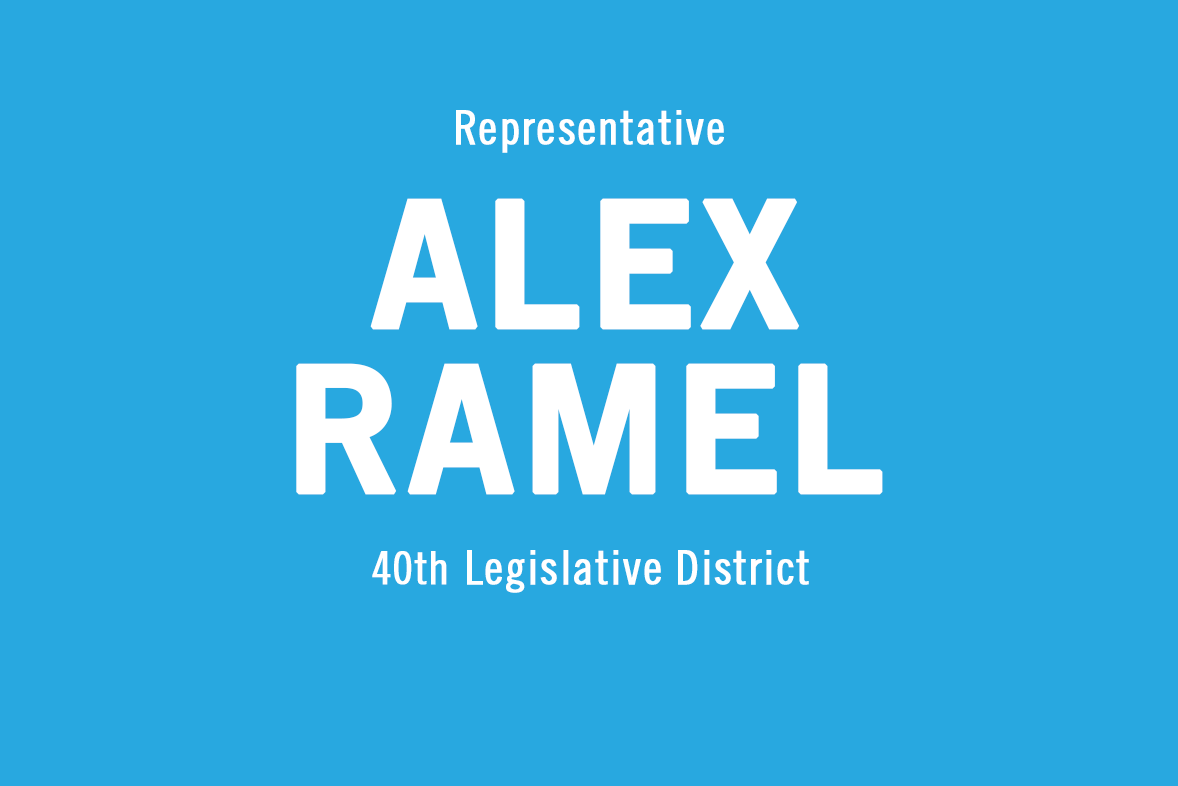Dear friends and neighbors,
With one week left in the 2022 legislative session, my colleagues and I will be spending most of our time on the House Floor as we take up bills from our colleagues in the Senate, put the finishing touches on the supplemental state budgets, and work out any remaining differences between House & Senate versions of legislation.
Although it’s hard to believe we’re nearing the end, this has been one of the most productive short sessions in our state’s recent history, especially in terms of the historic investments we’ve been able to make in Washington’s families & communities. In this newsletter, I’ll share some of the most important provisions included in the supplemental operating budget the House passed this weekend.
Supplemental Operating Budget — Supporting Students, Families & Communities

Washington’s operating budget is our state’s largest source of funding for many of the programs and services families rely on every day. These funds are invested directly back into our communities to support all those who call our state home.
K-12 Education: $808M
Stabilizes school enrollment & transportation funding, provides additional school nurses & counselors, improves student nutrition, and increases the cap on WA’s Running Start program.
Homelessness & Housing: $364M
Provides additional resources for utility & rent assistance, homeless provider stipends, and landlord mitigation.
Economic Development & Human Services: $628M
Offers funding to support hospitality businesses hit hardest by the pandemic, allocates resources for small business disaster relief and recovery, creates a Labor Day Weekend sales tax holiday, provides additional food assistance, and expands Temporary Assistance for Needy Families (TANF) including diaper subsidies for new families.
College and Workforce Development: $422M
Creates a low-interest rate WA Student Loan program, provides funding for College and bridge grants, and increases funding for healthcare workforce & training programs to help fill the growing nursing shortage.
Behavioral Health: $333M
Allocates additional funding to support behavioral health providers impacted by the pandemic; as well as increasing available resources for non-Medicaid behavioral health services; opioid response programs; housing & employment for those struggling with behavioral health challenges; and crisis, outreach, and diversion programs.
Environmental Recovery & Climate Change: $468M
Increases the funding for salmon habitat, production, and recovery; recreational land maintenance; wildfire suppression & habitat recovery; low emission vehicle rebates; solar energy incentives; and invasive species control.
In addition to these investments, the House voted overwhelmingly to approve a bipartisan amendment I introduced to help make Washington a national leader in the use of green hydrogen as a clean source of energy. You can watch my remarks in favor of this amendment by clicking here.
Community Conversations

As we enter the last two weeks of the session, I want to express my gratitude to everyone who has taken the time to speak to me about their legislative priorities. This week, I had the opportunity to chat with representatives of the Associated Students of Western Washington University (ASWWU). They talked with me about bills such as HB 1735 and SB 5789. Both bills seek to support students by increasing postsecondary enrollment and helping students navigate Washington and Federal aid. In addition, they expressed their support for SB 5612, a bill that would allow domestic violence victims to make a statement during sentencing either personally or via a representative. I was pleased to let them know that I support all three of those bills.
Another highlight from this week was our conversation with the Anacortes Chamber of Commerce. We were able to update our local business owners, elected officials, and community members on important issues in the legislature such as the funding of Washington State Ferries in the transportation revenue package. We also talked about the great strides being taken to address the housing crisis – including support for Accessory Dwelling Units (ADUs), Real Estate Excise Tax (REET), and the Housing Trust Fund. Lastly, we discussed workforce challenges and our hope to see apprenticeship programs expanded through the Operating Budget. Since that conversation, we have seen the release of the House Operating budget, which indeed makes these important investments.
Please do not hesitate to reach out to speak about issues that are important to you.
In service,
![]()
Rep. Alex Ramel
Puedes ver este boletin en español haciendo clic aquí



